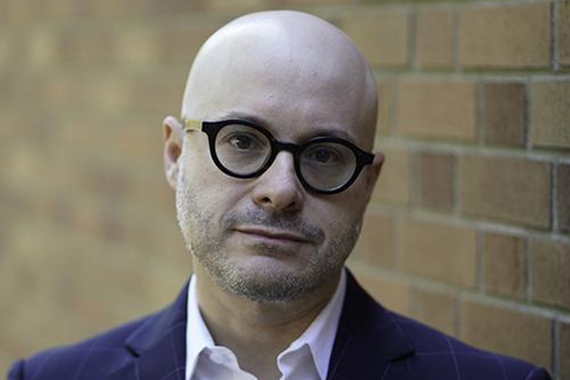Patricia Frazier

Patricia Frazier, PhD, has embraced U of M Psychology’s strong mixed model of applied and basic science to advance research on the effects of stress and trauma on health and well-being. Frazier’s graduate research, which she completed at the University of Minnesota in the Psychology Department, explored why some people are more resilient to stressors and trauma, while others experience anxiety, depression, and PTSD, and what factors promote adjustment following such experiences. Early on in her research, she discovered that our perceptions of having control over events can impact our mental well-being when we experience stress or trauma (i.e., knowing what we can control versus that which we cannot). For instance, expending our emotional resources to concentrate on what happened, why it happened, and our fears that it could happen again are counterproductive to our adjustment and our ability to overcome adversities. Instead, we should focus on things we can control with regard to a specific stressor or trauma to reduce anxiety and depression, such as thinking about the situation differently or seeking support from others.
After several of Frazier’s studies showed that focusing on what you can control in the present was one of the most important factors in coping with stress and trauma, in 2012 she and her students developed an online intervention to teach students to focus on the things they can control. Since that time, their team has conducted several studies with thousands of undergraduate students on the U of M Twin Cities and Duluth campuses, and at Normandale Community College, showing that their online intervention is effective in reducing stress and improving mental health.
Frazier’s work was especially impactful during the pandemic when in-person counseling was not possible and student mental health issues skyrocketed. Hundreds of U of M undergraduates completed the intervention during that time, which helped to reduce their stress.
Frazier continues to explore additional uses for her online intervention, including through her collaboration with researchers from the U of M Medical School to adapt it for patients with voice disorders. The pandemic created space for online technologies to help us connect and engage in our work in different ways. Frazier noted that it is only fitting, then, that the field of health and wellness also consider online formats to help people be able to cope more effectively. Frazier is at the forefront of this adaptation in the field, creating new ways for researchers and clinicians to deliver effective mental health services in the face of stress and trauma.
Frazier, Patricia, Yuchen Liu, Alicia Selvey, Liza Meredith, and Viann N. Nguyen-Feng. “Randomized Controlled Trials Assessing Efficacy of Brief Web-Based Stress Management Interventions for College Students during the COVID Pandemic.” Journal of Counseling Psychology, January 23, 2023. https://doi.org/10.1037/cou0000652.
Nguyen-Feng, Viann N., Christiaan S. Greer, and Patricia Frazier. “Using Online Interventions to Deliver College Student Mental Health Resources: Evidence from Randomized Clinical Trials.” Psychological Services 14, no. 4 (November 2017): 481–89. https://doi.org/10.1037/ser0000154.
Nguyen-Feng, Viann N., Patricia A. Frazier, Ali Stockness, Arvind Narayanan, Addie N. Merians, and Stephanie Misono. “Web-Based Perceived Present Control Intervention for Voice Disorders: A Pilot Study.” Journal of Voice 34, no. 2 (March 2020): 300.e1–300.e9. https://doi.org/10.1016/j.jvoice.2018.08.006.


